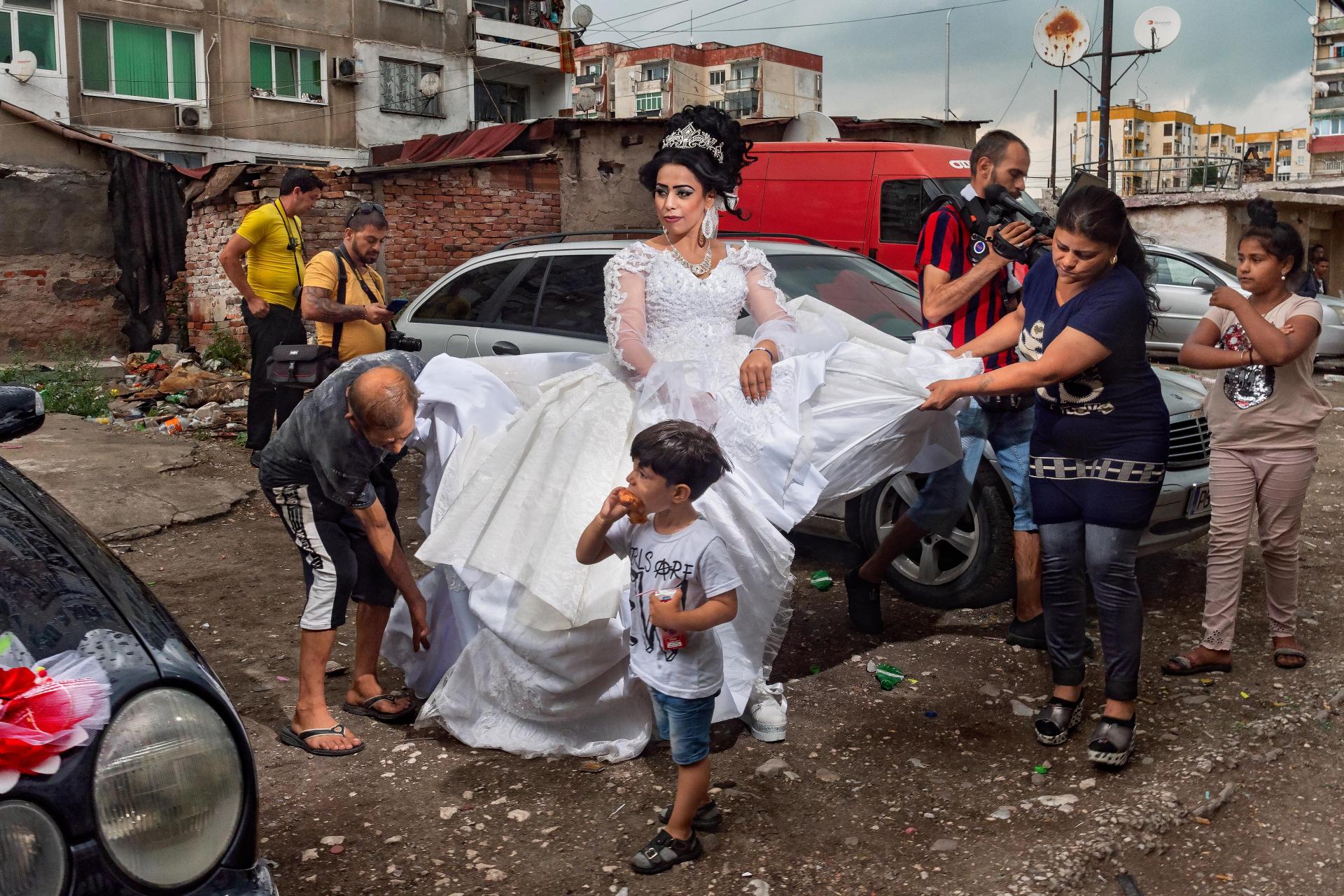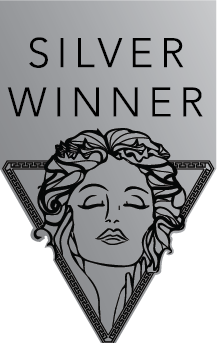
ZOR
Photographer
Selene Magnolia
Category
Editorial Photography - Personality
Company
Selene Magnolia
Submission Group
Professional
Year
2022
Country / Region
Germany
July 2020, Stolipinovo, Plovdiv, Bulgaria. After an engagement party on the day before, a young bride-to-be is being prepared for her wedding.
In contemporary Europe challenged by unprecedented migratory flows, a growing urgency to preserve national identity burns not only along borders but also inside, forcing minorities into ghettos. Like wounds, these need to be healed, prevented from infecting what is around them, closed. Roma, Sinti and Gypsy communities counted in 2019 more than 11 million people. However, they continue being systematically discriminated. In June 2021, a Roma man in the Czech Republic died at the hands of police officers who knelt on his neck. In November 2021 a Roma child in Greece died crushed by a gate, while people passed by and turned away.
Stolipinovo, in Plovdiv, Bulgaria, is the biggest gypsy ghetto in Europe.
Formerly ordinary district of the city during communism, Stolipinovo was turned into a ghetto with the event of democracy and the resultant privatisation of industries which caused to Gypsies the loss of their jobs because of racial discrimination. The current population of Stolipinovo, which is now considered as an outcast by the Bulgarian inhabitants of Plovdiv, is assumed to be around 80,000 people.
The inhabitants of the ghetto have Turkish cultural and linguistic roots and identify themselves as Turks. Although the most common religion is Islam, the religious panorama is diverse, with different religious identities, including paganism, coexisting within the community. The social structure is based on family, strongly defined gender roles and a system of internal hierarchies, which rely on community gained respect and wealth. Cultural traditions are a core part of the system of values: life events are celebrated openly, mostly on streets, and shared within the whole community.
Historically discriminated and stereotyped as in contrast with Bulgarian culture, the inhabitants of the gypsy ghetto of Stolipinovo live in squalid decay and daily social, housing and health emergency.
Surrounded by hostility and in an atmosphere of generalised awakening of nationalist sentiments, Stolipinovo is a portrait of systematic discrimination in Europe in our century.
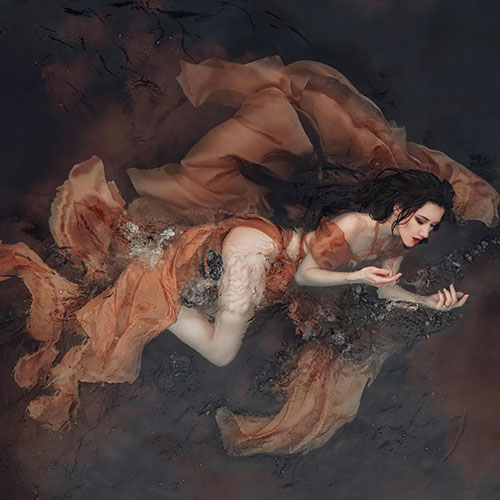
Photographer / Company
Dillon Richardson
Category
Fine Art Photography - Fine Art / Other
Country / Region
United States
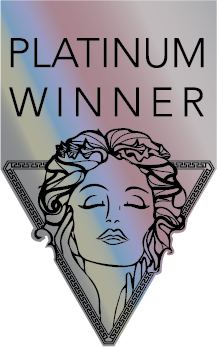
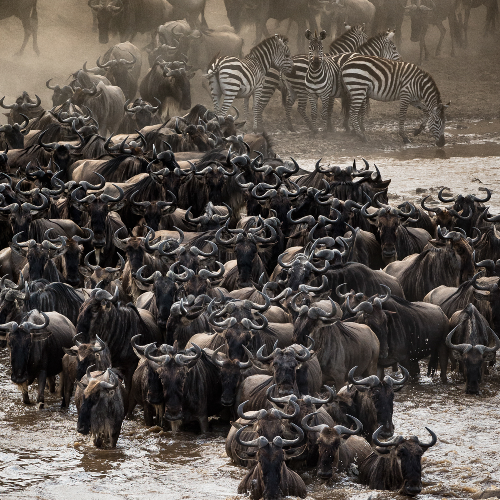
Photographer / Company
Vinayak Shankar
Category
Nature Photography - Wildlife
Country / Region
India

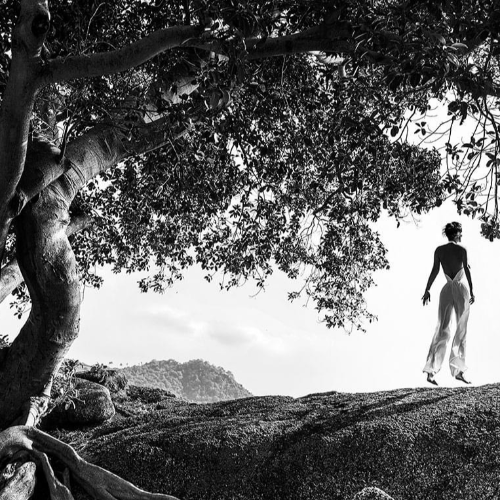
Photographer / Company
Szymon Brodziak
Category
Black & White Photography - Fine Art
Country / Region
Poland

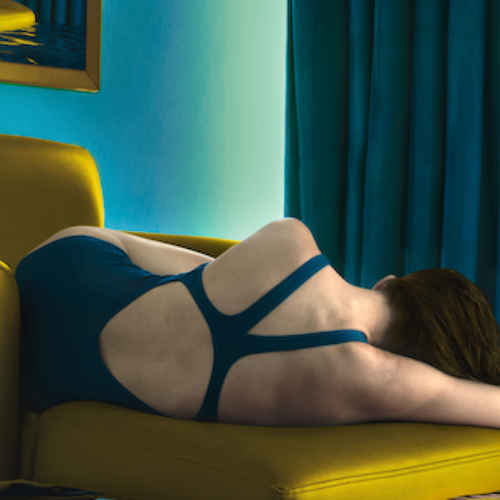
Photographer / Company
Andrea Alfaro Guajardo
Category
Fine Art Photography - Fine Art / Other
Country / Region
Mexico

